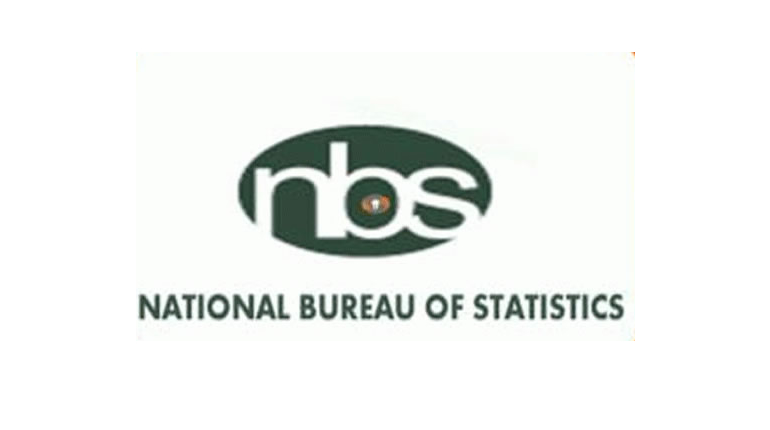The National Bureau of Statistics (NBS) has revealed a staggering 222.92% increase in the average retail price of petrol, soaring from N195.29 in October 2022 to a daunting N630.63 in October 2023. This surge, according to the report released recently by the News Agency of Nigeria (NAN) is sending surprises through Nigeria’s agriculture sector and affecting the cost of living for an average citizen.
The North-East Zone, bearing the brunt with an average petrol price of N644.16 per litre, has witnessed the highest increase, while the South-West, at N616.81 per litre, grapples with the lowest, but still impactful surge. As a result, farmers across the country are grappling with rising production costs, which could potentially drive up the prices of essential food items from agro-produce. For instance, rice prices in Nigeria have been subject to fluctuations and increases with various brands selling between N49,000 – N80,000 per 50kg (Ofada rice), even as the price of Garri reportedly tripled.
FarmingFarmersFarms gathered that diesel sales is not spared, with the average retail price reaching N1,004.98 per litre. This represents a substantial 25.45% increase from October 2022, according to NBS reports. The North-Central region bears the highest diesel prices at N1,090.69 per litre, adding pressure to agricultural machinery and transportation costs that farmers endure. In Plateau State, diesel prices hit a staggering N1,150.00 per litre, escalating concerns about the ripple effect on the distribution and pricing of agricultural goods. While Rivers State recorded the lowest diesel price at N824.44 per litre, it still marks a significant rise, impacting transportation costs and potentially reflecting on the prices of goods in markets.
Some of the traders that interacted with FarmingFarmersFarms, lamented how their profit margin had declined in the face of increased transportation fares on already costly sales items. As these fuel prices soar, the average Nigerian faces the harsh reality of increased costs for essential goods. The burden on household budgets is undeniable, leaving citizens with the daunting challenge of managing their finances and adjusting their budgets, amidst this economic upheaval. The repercussions on agriculture and the broader economy remain a cause for concern as the nation continues to navigate these turbulent times.

